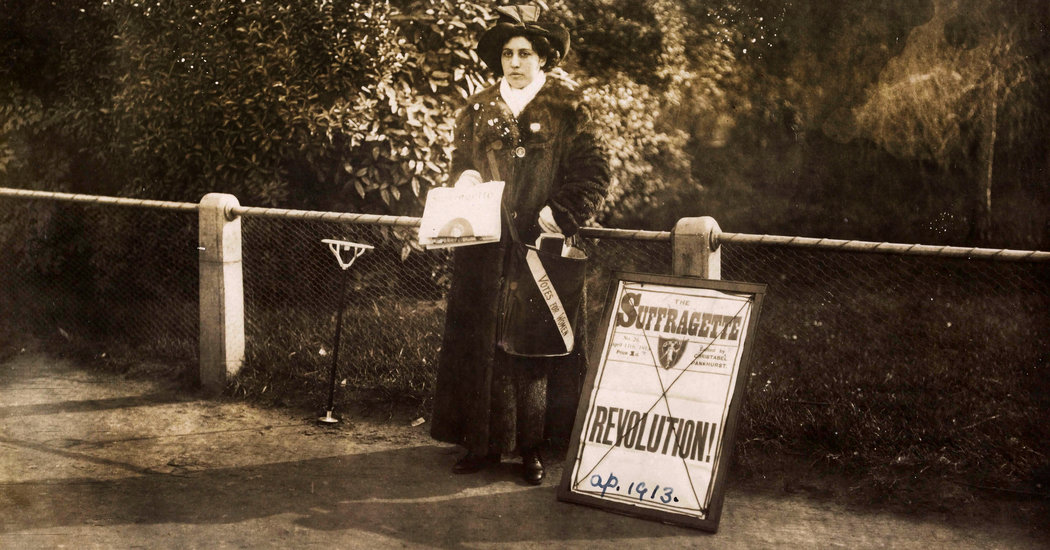The BBC has
hit on a concept lately, which it seems unwilling to EVER let go of. It’s a
great concept, which allows the Beeb to pretend to still uphold its original
mission statement of encouraging learning, without actually teaching you anything (because that would be boring).
Here is the
concept: ordinary people play dress up for a week, pretending to live the way
people lived in <fill the blank with
random period of history> .Then, having experienced this highly accurate
reconstruction, they can tell you exactly what life was like, thanks to the
magic of television. No need to read boring scholarly articles, just play
make-believe!
I’ve
summarised all of the million installments the BBC has so far produced, so you can
save even more time and do something else instead. So:
Every
Back in Time show ever produced,
summarised:
First, an
excited voice over will explain how they had the revolutionary idea (again) to
pick a family and make them live through time periods xy and z, focusing on
whatever (food, clothes, furniture, toys, doesn’t matter).
The family
will then be shown changing from normal clothes to period clothes in one cool
time lapse, whilst walking determinedly.
Then a historian
will come and say a couple of platitudes to give the show credibility.
Then the
family will offer us their insights.
Medieval
times: Community is
great! (How they know, considering they’re the only ones doing the experiment
remains unexplained.) Women are oppressed. The kids hate the food.
Georgian
times: Wigs are
funny! Women do stuff. Isn’t the court
funny? Aren’t women so oppressed? Also, corsets! The kids hate the food.
| All the wigs |
Victorian
times: Society is
so unfair! Women are oppressed. The kids hate the food.
 |
| You can carry on mentioning corsets as well. |
Edwardian
times:
Suffragettes! But women are so oppressed! The kids hate the food.
WW1: White feathers. Women are
oppressed. Men die. The kids hate the food.
Twenties: Love the fashion! Women are
pretending they’re not oppressed (but a discerning member of the family says
they still are). Also, servants are oppressed. The kids hate the food.
Thirties: People are poor. Other countries
become fascist (not you, you would have known better, of course).Women are
oppressed. Also THERE’S A WAR COMING, WHY CAN’T THEY SEE?! Silly people from the past. The kids hate the food.
Forties : Finest hour. Keep calm and carry
on. Make do and mend. Women are at work! The kids hate the food.
Fifties: Rationing! Women are, like, SUPER
oppressed. The kids hate the food.
Sixties: Swinging London. Women are still
oppressed, but the young are coming to the rescue. Also, the Beatles. The kids
hate the food.
Seventies: Crazy patterns. Women are a bit
less oppressed. There’s a strike. The kids hate the food, except when they ate
Chinese/Indian (cross out unnecessary item).
Eighties: Thatcher! Big hair! Women are
almost not oppressed! The kids like some of the food.
Nowadays: What a journey! It all changed so
fast! No mention of the fact that compressing a decade into 7 days tends to do
that. Thank God women are not oppressed anymore! Thank God the kids will like
the food again (or maybe not).
There you
go. You now possess all the knowledge of history you will ever need.
You are
welcome.
In actual
fact, as any of my long-suffering seminar students would tell you, what the BBC
is doing is Whiggish history. In other words, bad history.
Whiggish
history was invented in the Eighteenth century, in a great flurry of misguided
optimism, and it rests on an idea of inevitable progress.
 |
| Obviously, a Whig would wear a wig, but so would a Not-Whig |
Or, as Winston would put it, the belief in the “urge and impulse of the ages that humanity will move forward towards its goal.”
The slight
problem with this beautiful description of endless improvement is that it does
not provide you with a definition of the Goal. Which makes describing a
positive change tricky.
If you’d
asked a Christian in the Middle Ages what the goal of humanity was, they would probably
have told you that it was to achieve salvation.
Not doing
so well on this one, Modern World.
If you’d
asked a nineteenth century Marxist, he would have said the goal was to achieve
a communist state. And the Russians of the twentieth century would then have begged
to differ.
As goals
change according to times and the convictions of individuals, declaring that
positive progress is inevitable just doesn’t work.
But most of
the time, there is no definition of goal, simply a vague, unsubstantiated
statement that Things Are Better Now, which is where Whiggish thought makes a
beautiful circle. Because if the goal of humanity is to reach Now, then you are
simply describing how time passes. And that is not very helpful to anyone.
Because people are already reasonably aware how time progresses from then to
now.
Next, I
will get annoyed at the reduction of all of history to a hero-narrative of
women’s emancipation.
Get excited.



Actually, I am excited to hear your thoughts on how Women Were Not Actually That Oppressed (at least, at some points and in some places...can we at least agree on that much?!). :-) I don't get the BBC on this side of the pond, so you've saved me a LOT of hassle today! :-D And am I the only woman in the world who thinks maybe brassieres aren't the great improvement over corsets they are portrayed to be? Especially when you add in Spanx... I'll take my 18th century stays and a nice full petticoat (skirt) over that combo any day.
ReplyDeleteHaha, well, you shall! The Oppressed-Woman default thinking drives me loopy! And I agree, corsets do strike me as quite a lot more efficient (bad back anyone?).
Delete